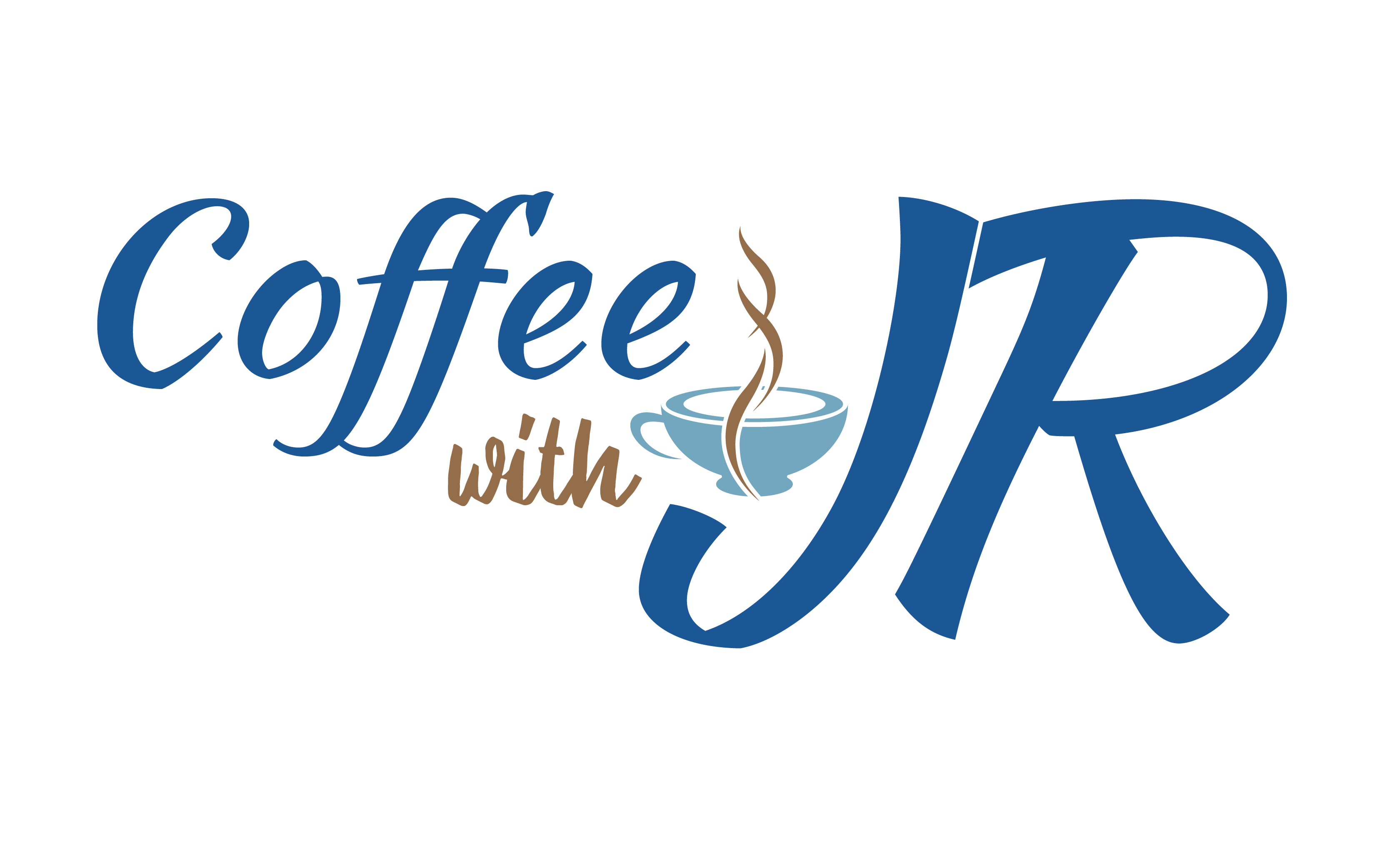
Confront Imposter Syndrome With These Strategies for Self-confidence
By Amy Collett
Understand Imposter Syndrome
To effectively address imposter syndrome, it’s essential to explore its roots, which often lie in early life experiences and societal pressures. Factors such as perfectionism, critical parenting, and cultural expectations can set unrealistic standards, leading to self-doubt. For individuals from marginalized communities, societal biases related to race, gender, and socio-economic status can intensify these feelings. By identifying these triggers, you can develop personalized strategies to foster a healthier self-image and a balanced view of your abilities.
Design Motivational Posters
Creating motivational quote posters can be a powerful tool in overcoming imposter syndrome, helping you to visually affirm your true capabilities. By using an Adobe Express custom quote poster, you can design personalized posters that reflect empowering messages tailored to your journey. These platforms offer a variety of templates and design elements, allowing you to craft a unique visual representation of your strengths and achievements. This creative process not only reinforces self-belief but also serves as a daily reminder of your worth, making it easier to embrace your authentic self.
Build Confidence Through Mentorship
Engaging with mentors and building a supportive community is crucial in addressing imposter syndrome. By sharing experiences and challenges with mentors and peers, you can find validation and reassurance. This approach not only helps in recognizing the commonality of imposter syndrome but also provides valuable insights and strategies to bolster your self-worth and capabilities. Mentors can offer concrete evidence of your achievements, counteracting negative self-perceptions and enhancing your confidence.
Assess Your Fear of Failure
Fear of failure can often trigger feelings of imposter syndrome, where you might doubt your achievements despite clear evidence of your success. This fear is typically rooted in the belief that your abilities are fixed, leading to a relentless need to either prove yourself or conceal perceived shortcomings. By embracing a growth mindset, you can transform
failures into valuable learning experiences rather than definitive judgments of your capabilities. This perspective shift encourages constructive self-assessment, allowing you to use setbacks as opportunities to build resilience and enhance your skills.

Recent Comments